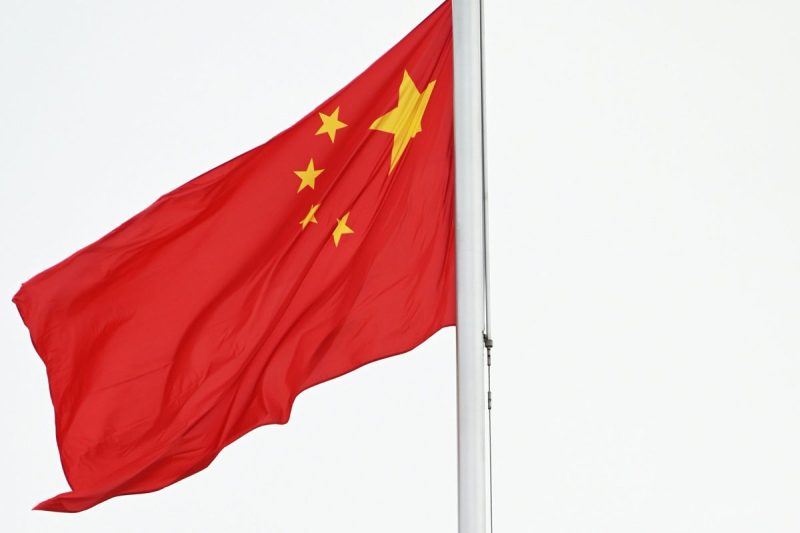As the world’s leading producer, China’s latest drive to intensify control over the export of strategic minerals, particularly antimony, presents a significant development that warrants closer scrutiny. This action comes as part of the broader Chinese strategy to exercise a firmer grip over critical resources, underscoring growing geopolitical tensions and sparking concerns about a potential supply crisis.
Antimony is a little-known yet crucial mineral that finds use in a plethora of applications, ranging from batteries to flame retardants, and even in the production of military-grade ammunition. Understanding China’s dominance in the production and export of antimony can shed light on the profound impact this move may have on global industries reliant on this strategic mineral.
China is the top producer of antimony, accounting for over 85% of global production. This dominant position in the supply chain signifies that any restrictions on its output and export could disrupt industries worldwide. In response to China’s increasing control over antimony exports, industries have been scrambling to identify alternative sources and develop methods to reduce dependence on this raw material.
The export controls over antimony signify China’s conscious maneuvering to leverage its dominant position in the global minerals market. It seems to be part of China’s broader strategic resource nationalism, where the nation asserts control over its abundant natural resources to influence international market dynamics and extract geopolitical concessions.
Global supply chains that are highly dependent on China for critical minerals like antimony have been put on high alert due to these export controls. For instance, the tech industry, which utilizes antimony in many electronic components, and the defense sector, which uses the mineral in ammunition production, could face significant hurdles. Antimony’s use in making flame retardants also makes it vital for the construction and aerospace industries, both of which could be hit by higher costs and potential shortages.
Moreover, these export controls underscore the escalating tension surrounding the global technology race. As a key component in the production of semiconductors and batteries (used in electric vehicles and smartphones), antimony plays a critical role in next-generation technologies. With China housing the world’s largest electric vehicle market, the tighter control over antimony’s export could be seen as strategic positioning in the global race to control the future of technology.
China’s decision to tighten its grip on antimony exports provides a window into its strategic plan. By controlling the supply chain of this crucial mineral, China could potentially wield significant power over multiple global industries, from tech to defense and construction. As a result, international players are facing the call to reassess and diversify their supply chains, reducing the dependence on single-source and politically volatile suppliers.
Considering the environmental impacts, China’s control over antimony export also brings another aspect to the light—sustainable mining. Antimony mining poses severe environmental risks, including water pollution and human health hazards due to its toxic nature. Thus, the countries and industries forced to explore new sources must also prioritize sustainable and safe mining practices.
In conclusion, while China’s tightening grip on antimony exports opens a new front in the geopolitical battle over resources, it also offers a timely nudge for countries and industries to reassess and rebalance their supply chains. Anticipating potential raw material shortages and price hikes, the industry may well need to spur innovation in material science, exploring sustainable alternatives to antimony and other strategic minerals. This crisis might just be the catalyst needed for a much-needed revolution in the way we exploit and use Earth’s mineral resources.




